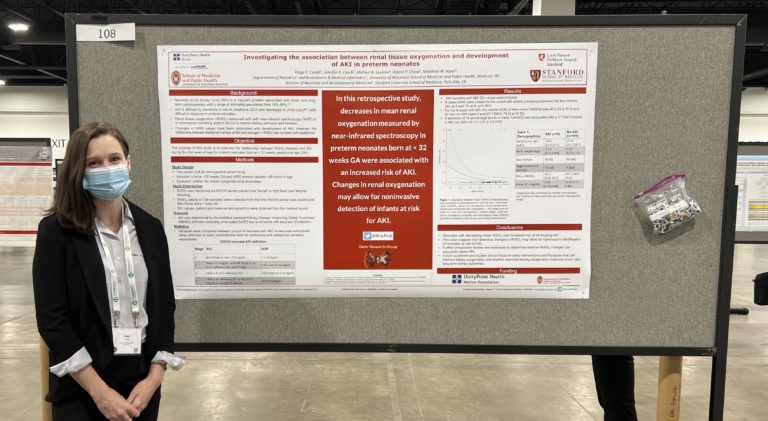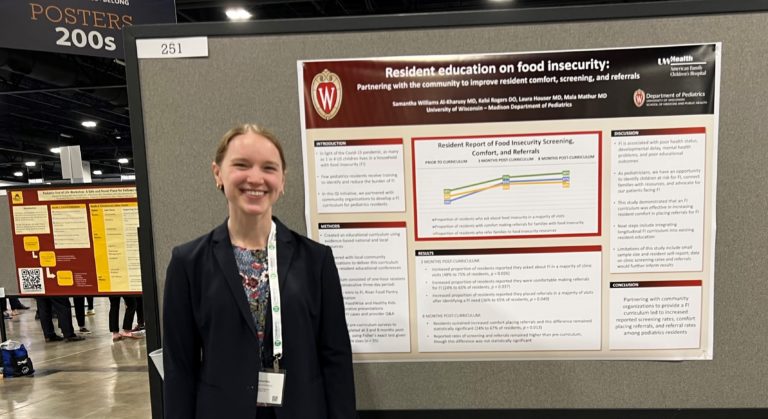
Mentoring
Our program has a strong commitment to establishing and fostering meaningful mentoring relationships between faculty and residents. To facilitate this, semi-annual meetings between mentors and mentees are scheduled during all three years of training. Faculty mentors are selected by residents themselves, based on shared professional interests as well as on family and lifestyle concerns. Topics for discussion at mentor/mentee meetings include how to balance work and home life, how to keep up with the medical literature, dealing with physical and emotional fatigue, and what the life of a practicing physician is really like. We believe that, with the foundation our mentoring program provides, our residents will be successful in any of their career choices.
In addition to these formal mentors, many residents develop mentoring relationships with other faculty, such as their scholarly project advisors, continuity clinic preceptors, subspecialty faculty in their chosen field, or just someone with whom they “click.”
Meetings with Program Directors
The program directors meet with each resident twice per year. This time is set aside to reflect on past performance and develop meaningful goals for the next six months. The time is also used to discuss future plans and address any issues or concerns on a one-on-one basis.
These personalized sessions are a great way for residents to give and receive feedback and discuss their personal and professional goals and achievements.
Teaching and Learning in Medicine
Residents play a critical role in teaching, mentoring, and serving as a role model to medical students and others on the health care team. Graduate medical education is built on the principles of adult learning theory; that is, medical students and trainees learn best when instruction is problem-centered, experience-oriented, active and relevant to practice and conducted in a safe learning environment that encourages processing and verbalization of thought. Receiving feedback is another important aspect of the adult learning theory.
Residents are also encouraged to participate in the “Resident as Teacher” elective. This experience puts educational theory into action, exploring important educational topics including learning environment, didactics, assessment, learner diagnosis, motivation, and curriculum design. During this elective, participants lead educational sessions for medical students focusing on core pediatric topics, develop “go to” lectures for use during future interactions with learners, and lead a resident Problem Conference. Mentoring support and feedback from educational leaders is incorporated throughout the rotation.
View institutional information and resources about medical student teaching

Longitudinal Professional Development Series
This series consists of six half-day protected sessions designed to usher residents though the process of becoming an independent pediatrician. Topics progress from self-awareness and team function to leadership and professionalization. Additional topics included in the series include physician finances, physical wellness and resilience, and professional development after residency.